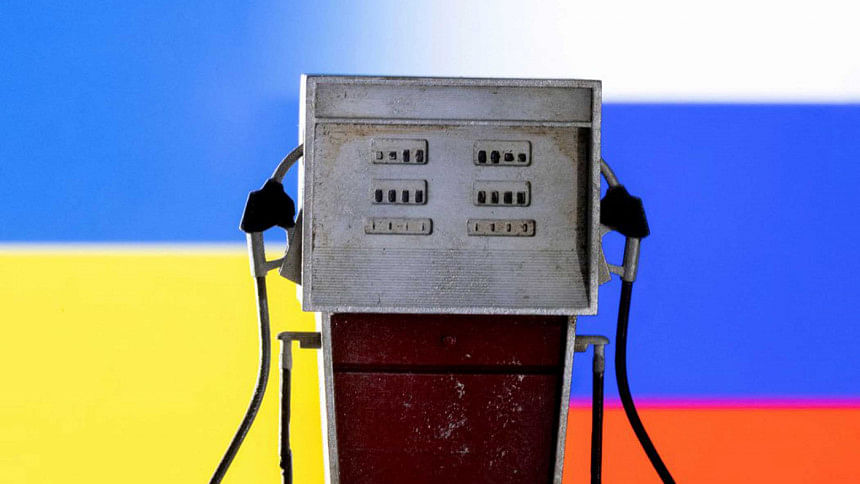The Achilles’ heel of Russian oil: insurance

Russia has so far deflected much of the impact of sanctions on its oil trade but the insurance industry threatens to throw a spanner in the works unless Moscow and its customers can plug a gap left by Western underwriters.
Insurers from Europe and the United States, which dominate the international marine market, are curtailing coverage for Russian oil tankers, industry sources say, to avoid breaching sanctions imposed in the wake of Moscow's invasion of Ukraine. Even non-Russian vessels are now at risk of being dropped by Western insurers if they carry Russian crude.
The moves by Western insurers could undermine Moscow's recent success in rerouting supplies of crude from Europe and the United States to Asia, accelerate the decline in its European business and blow a bigger hole in energy markets as restrictions ensnare the world's second-biggest crude exporter.
The pullback is expected to hit over June and July, when policies that were withdrawn this month in anticipation of tougher European Union restrictions fully expire, four shipping and industry sources told Reuters. They declined to be named because of the sensitivity of discussing Russian-linked business.
"There is an ongoing pressure for international marine insurers to not cover shipping companies worldwide for carrying Russian oil," said Maria Bertzeletou, an analyst at Greece-headquartered Signal Maritime Services, a leading manager of oil tankers.
"Turmoil or a short-term hiatus on marine insurance cannot be ruled out."
Ships are commercially required to have protection & indemnity (P&I) insurance, which covers third party liability claims including environmental damage and injury. Separate hull and machinery policies cover vessels against physical damage.
While insurance companies based in countries that are big buyers of Russian oil might be able to step in, their ability to cover potentially huge policy risks by getting their own insurance policies from reinsurers also looks set to be hit.
Just as the marine insurance market is dominated by Western firms, the global reinsurance market is dominated by US and European companies that now need to heed a broad range of sanctions targeting Russian shipping interests and banks.
"It will be challenging now to identify a reinsured claim that would not in some way be caught by those sanctions," said Mike Salthouse, head of claims at North, a member of the International Group, an association of insurers who provide P&I insurance to around 90 per cent of ocean-going ships.
Without reinsurance, an insurer writing a policy for an oil tanker would likely need a government guarantee to cover potential liabilities that could run into billions of dollars.
"There are probably insurers in Russia that are capable of writing third party liability and reinsurance programmes that could then be backed by a sovereign fund from China or Russia or a combination of both," said Salthouse, who is also chairman of the International Group's sanctions sub-committee.
"That is technically possible. It depends on what the political will is and what markets Russia will focus its cargoes on."

 For all latest news, follow The Daily Star's Google News channel.
For all latest news, follow The Daily Star's Google News channel. 



Comments